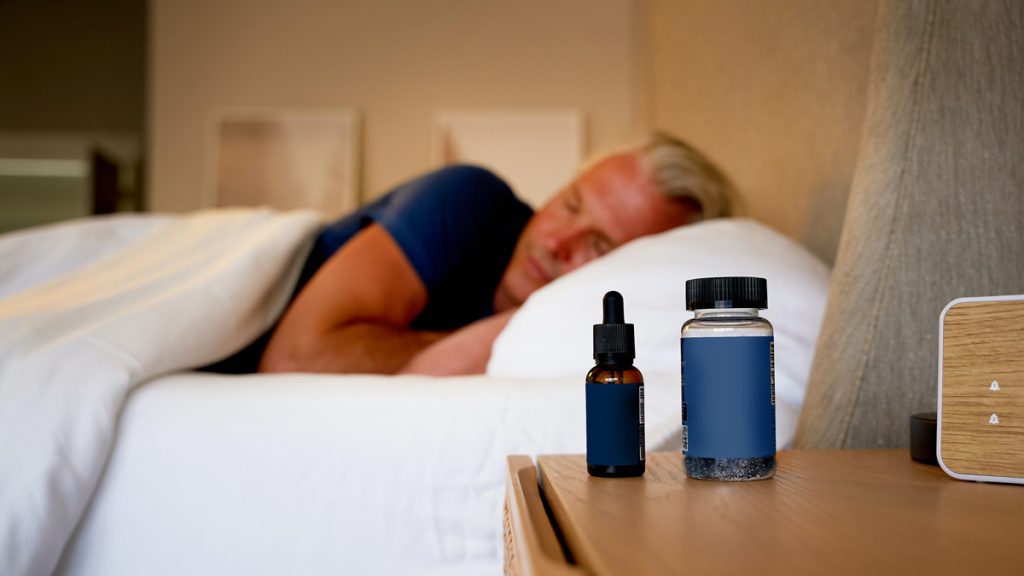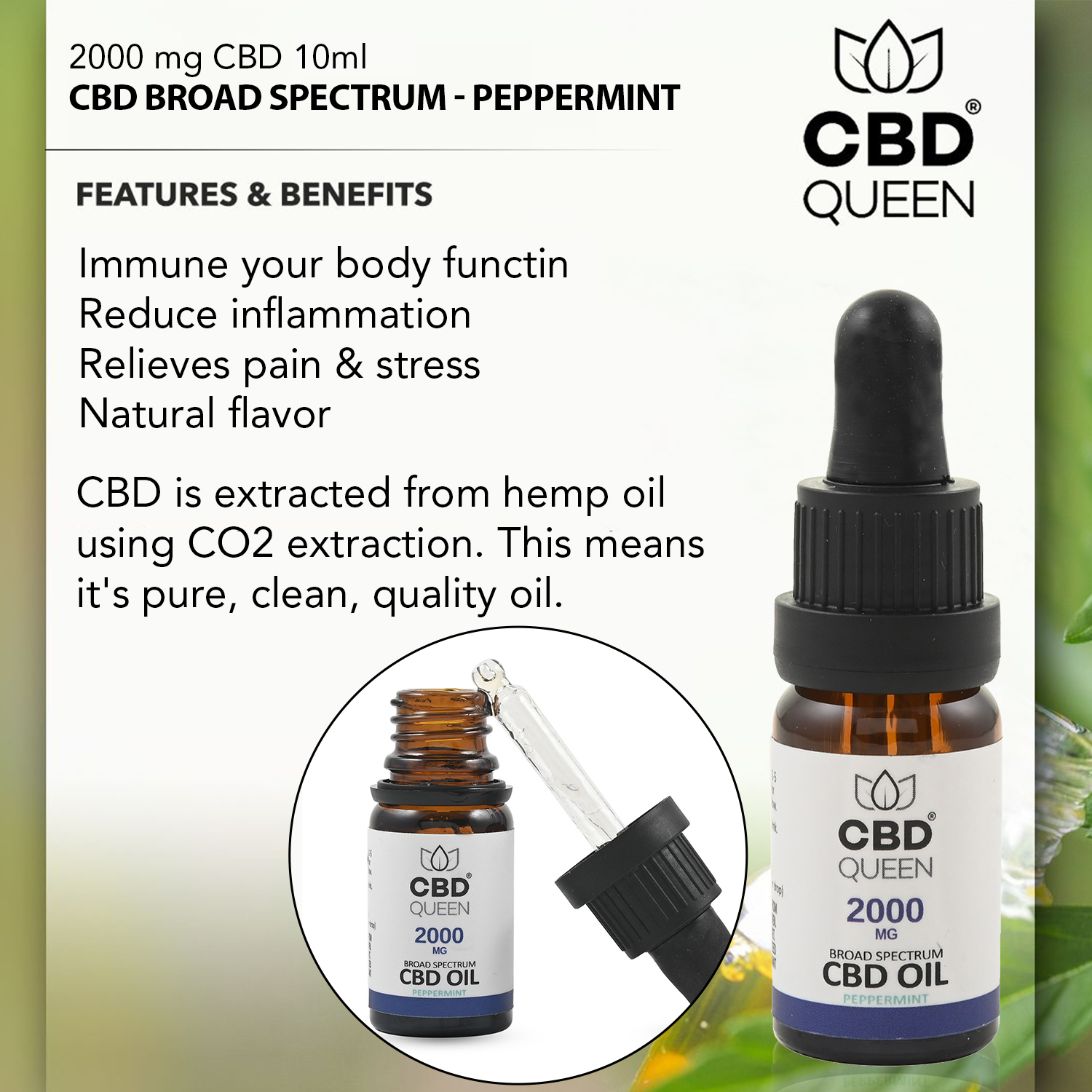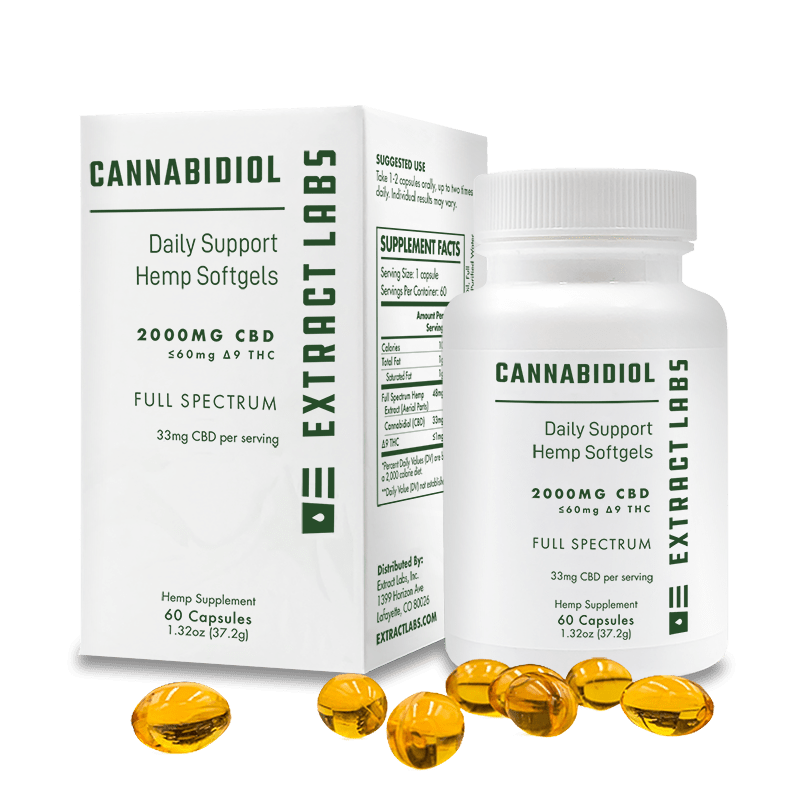
The first thing you ask yourself when you think about cannabis is "How long does it last in your system?" It all depends on the amount and who is using it. It could be present in your system for as little as 3 days, or up to a month. You may have it in your urine as long as 29 days.
THC, a lipid-soluble chemical, is the active ingredient.
THC is a lipid soluble molecule. This means it can be stored easily in fat tissue in the liver, brain and kidneys. The body then metabolizes it and excretes it, mainly through the feces. THC is removed from the blood over several days. In contrast, alcohol and other water-soluble chemicals are rapidly eliminated. A typical six hour period is required to clear one drink of alcohol. However, it may take five to seven days for a single THC dosage to be eliminated from the blood. Even so, the majority of the drug will be eliminated via the kidneys and intestines.

It's gone in three days or one month.
A urine drug test is the best way to find out how long cannabis remains in your body. This test measures the presence of THC COOH, a metabolite. While short-term marijuana use may be detected for 3 days, regular use can remain for 1 month. A positive drug test can lead to job loss.
It can be detected in urine for up to 29 days
THC can be detected in the urine of a skinny girl who smokes marijuana for as long as 29 days. THC metabolites are more persistent in the body and can be easily detected in urine. A slimmer girl will have less THC in their system than someone who smokes a lot.
It can be detected as urine up to 24 hours after being taken.
The period of time that cannabis metabolites are detectable in urine varies greatly depending on how much cannabis you've smoked and how often you used it. For example, if you are a daily cannabis user, you might be detectable for as long as 30 days after the last time you smoked. For casual marijuana users, however, the detection window can be much shorter. It may take anywhere from a few minutes to a few days.

It can even be detected in saliva for up 24 hours
It all depends on the person. If the girl was smoking marijuana just a few days before the test, for example, it may take her up to 24hrs to detect marijuana in their saliva. The amount of cannabis used and the size of the sample in question will influence the time it takes for the body to detect weed. If the person has a fast metabolism, the likelihood is that marijuana will be detected sooner.
FAQ
What is the size of the global CBD market?
Euromonitor International estimated that the global CBD industry was worth $US3.5 billion in 2015. This is more than 10% higher than 2014
The report predicts that this figure will grow by 12% annually to $US6.4 billion in 2020.
CBD products are expected to account for around half of all hemp-derived products sold globally by 2020.
This includes CBD oils as well as other CBD products, such food, beverages and cosmetics.
Is the CBD industry on the rise?
Yes. This growth is expected to continue as legalization expands across North America. Canada was the first country to legalize recreational cannabis use. Several states also have medical marijuana laws.
As more states adopt legislation that allows medicinal marijuana access, this trend is likely to continue at least for the next decade.
The legalization of marijuana also makes sense from an economic perspective. Legalizing pot can provide many benefits, not only for farmers but also for the general public.
It could help decrease crime rates by reducing illegal drug availability. It could also generate tax revenue for the government.
As legal marijuana is more popular, people may be less likely to smoke. This would result in fewer hangovers, and lower healthcare costs.
For chronic pain patients, marijuana may even improve quality of their lives. Many believe that THC (the active ingredient in marijuana) helps to relieve the symptoms of nausea and muscle spasms associated with chemotherapy.
The use of marijuana may be a useful tool in treating mental illness such as anxiety and depression. In fact, some studies suggest that marijuana can even treat schizophrenia.
The CBD industry is on the rise, and there are many obstacles in its path.
How can companies successfully market CBD products in a regulation-compliant manner?
The FDA doesn't regulate hemp as an agricultural commodity. The FDA regulates cannabis derivatives (e.g. marijuana) under the Controlled Substances Act. CBD is not covered by any regulations.
CBD is legal at the state level in 29 states, but federal law still considers it illegal. Businesses that want to sell CBD products face uncertainty.
The FDA has strict guidelines regarding how CBD products can be promoted. The FDA requires that all CBD products clearly disclose their THC content. Companies cannot claim that CBD helps treat certain medical conditions without scientific evidence to support this assertion.
Additional information is required by the FDA regarding manufacturers' manufacturing practices, quality control measures, and other details. They require companies to carry out clinical trials to prove safety or efficacy.
These factors are crucial for companies to consider when developing their marketing strategies.
Which states consume the most CBD?
The top three states are California, Colorado, and Oregon. These states have high populations, high incomes, low unemployment, and large populations. They also have a higher number of hemp farms compared to other states.
California leads because its economy relies heavily on agriculture. It is home to a large amount of fruits and vegetables. This is because cannabis is from the same source as hemp.
Oregon and Colorado follow closely behind as both states produce medical marijuana. California and Oregon, however, don't allow recreational use of marijuana.
Other highly ranked states include Washington and New York, Florida, Illinois. Pennsylvania. Mississippi.
Are CBD companies a good investment?
The answer to this question depends on what you are looking for. If you want to make money, then yes, they are a great investment, but if you just want to invest in something that might help people, then I would say no because there are other ways to do that without spending $20k on an oil extraction machine.
What conditions can be treated with CBD?
A person's health is the most important aspect of any treatment. If you are using cannabis oil as a medicine, then it must be prescribed by a doctor. Without a prescription from a physician, it is illegal for you to use cannabis products.
If you are taking cannabis oil as part of a healthy lifestyle, then there is no need to worry about getting a prescription. It is best to speak to your doctor before you start using cannabis oil.
The cannabis oil can be made from whole plant extracts (THC and CBN), or it can be isolated compounds called marijuanaoids (CBN and CBN). They contain many different types of cannabinoids, such as cannabidiol (CBD), tetrahydrocannabinol (THC), and cannabinol (CBN).
These components interact and create effects that include pain relief, stress relief, and antiinflammatory and antioxidant properties.
What does the future hold for the CBD Industry?
The future looks bright for CBD. It is clear why so many people are getting on board with this industry. This market is expanding exponentially with CBD products being purchased globally at a total of $1 billion.
In fact, according to Statista, global sales for cannabidiol (CBD) were expected to reach $22.4 billion in 2019. This is almost 200% more than 2018!
It is also expected that the CBD market will grow at a compound annual growth of 22.5%. That would translate to approximately $6.8 million in revenue by 2020.
This is great news, both for new companies and those that are already active in the industry. But, it is important to remember that the CBD industry is still in its infancy. There will be many challenges.
Statistics
- however, one study also found that these effects were virtually abolished when the original media (a nutrient broth agar) was replaced with one containing 5% blood (increasing the minimum concentration to ~160 μM CBD) [179]. (ncbi.nlm.nih.gov)
- The inhibition of FAAH is predicted to lead to an increase in brain and plasma concentrations of AEA, which acts as a partial agonist at CB1R and CB2R, thereby increasing endocannabinoid tone [92, 110]. (ncbi.nlm.nih.gov)
- HR −16 mmHg; 95% CI −26, −6; I2 = 92%) (ncbi.nlm.nih.gov)
- CBD seems unlikely to directly influence sleep in healthy humans [115] (and maybe “sleep-promoting” in those with certain comorbid conditions) (ncbi.nlm.nih.gov)
- A recent study [161] also found that in vitro CBD treatment (i.e., ≤ 2 h exposure to 10 μM) induced ~40% vasorelaxation in isolated (pre-constricted) (ncbi.nlm.nih.gov)
External Links
How To
What are the main issues with the CBD industry.
The market for CBD is growing at an astonishing rate. There are many hurdles businesses face when trying to enter the CBD market. These include low consumer awareness, high entry costs, limited capital access, regulatory uncertainty, and lack of consumer awareness.
Many people don't know much about CBD or how it works. This makes it difficult for consumers to make informed decisions on whether or not they want CBD products.
CBD companies heavily rely on word-of-mouth advertising. This is expensive because it requires paying for advertising and hiring staff to promote their brand.
The high production costs are another issue that new entrants to the CBD industry face. CBD products require a lot of raw materials. For example, hemp needs to be grown in specific climates and soil types before it can be processed into CBD oil.
Grow enough hemp to produce CBD oil requires approximately $1,000 per annum. As a result, many small farmers cannot afford to start.
A lack of capital access is another problem that CBD market newcomers face. Banks discourage many people from starting a business because of the stigma attached to this industry.
There is also regulatory uncertainty around the sale of CBD products. There are no established guidelines regarding the marketing of CBD products.
Despite some states having passed laws restricting the sale CBD products, this is not yet a national policy.
So far, only two states - Maine and Nevada - have legalized recreational marijuana.
Some states, such as Michigan and Massachusetts, are looking at similar measures.
These changes could increase competition among CBD manufacturers.
These factors lead to many entrepreneurs choosing to work from their home instead of starting a physical company.